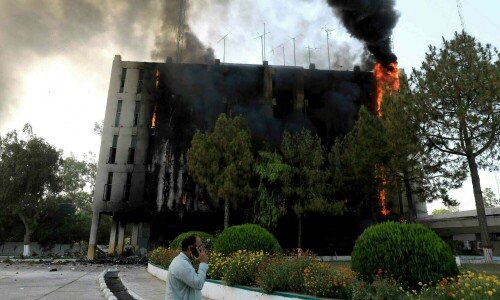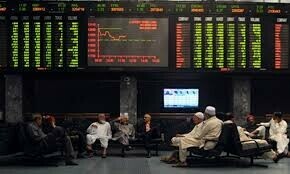THE possibilities for further peacebuilding in the Gulf and the Middle East in general are considerable, should the landmark deal signed between Saudi Arabia and Iran in Beijing last week deliver on its lofty goals. One particular theatre of conflict that can benefit immensely is Yemen, where a ruinous eight-year-old war has left the impoverished Arab nation barely functional. The conflict has pit the pro-Iran Houthi movement, which controls the capital Sana’a, against the Yemeni government backed by Saudi Arabia, which intervened militarily in Yemen in March 2015. However, the intervention has been an unmitigated disaster, with the Saudi-led coalition, supported by the West, unleashing intense bombardment, often targeting civilians. The Houthis have responded by attacking Saudi and Emirati cities with missiles. But now, after the breakthrough in Beijing, the Yemeni conflict may be close to a resolution. According to the Wall Street Journal, Iran has agreed to stop arming the Houthis, though officially Tehran denies it is sending weapons to the militia. If the ongoing ceasefire in Yemen takes a more permanent shape, matters may transition to a broad-based dialogue where the country’s tribes, confessional groups and political factions can reach a power-sharing deal, and agree to a democratic solution that protects the interests of all Yemenis.
Beyond Yemen, the Chinese-brokered deal points to the fast-changing dynamics in the Middle East. It shows that the US and, to a lesser degree, Europe have lost their status as regional power brokers. Amongst the reasons Chinese diplomacy succeeded is the fact that Beijing has not launched neocolonial wars in the energy-rich area and is also not interested in regime change. The same obviously cannot be said for the US and Europe. Beijing wants stable markets, and safe access to the key Gulf energy corridor to fuel its economy, while the Saudis and Iranians also want Chinese investment and trade. Where the Middle East is concerned, the West has missed the bus. In fact, the Beijing developments point to an emerging multipolar world order, and the apparent end of American unipolarity. Riyadh and Tehran need to put in their best efforts to make the deal work, as a calmer Gulf will bring benefits to the entire region. Pakistan can also gain from this détente, if it manages to address its internal issues and builds bridges with both the Saudis and Iranians.
Published in Dawn, March 18th, 2023












































